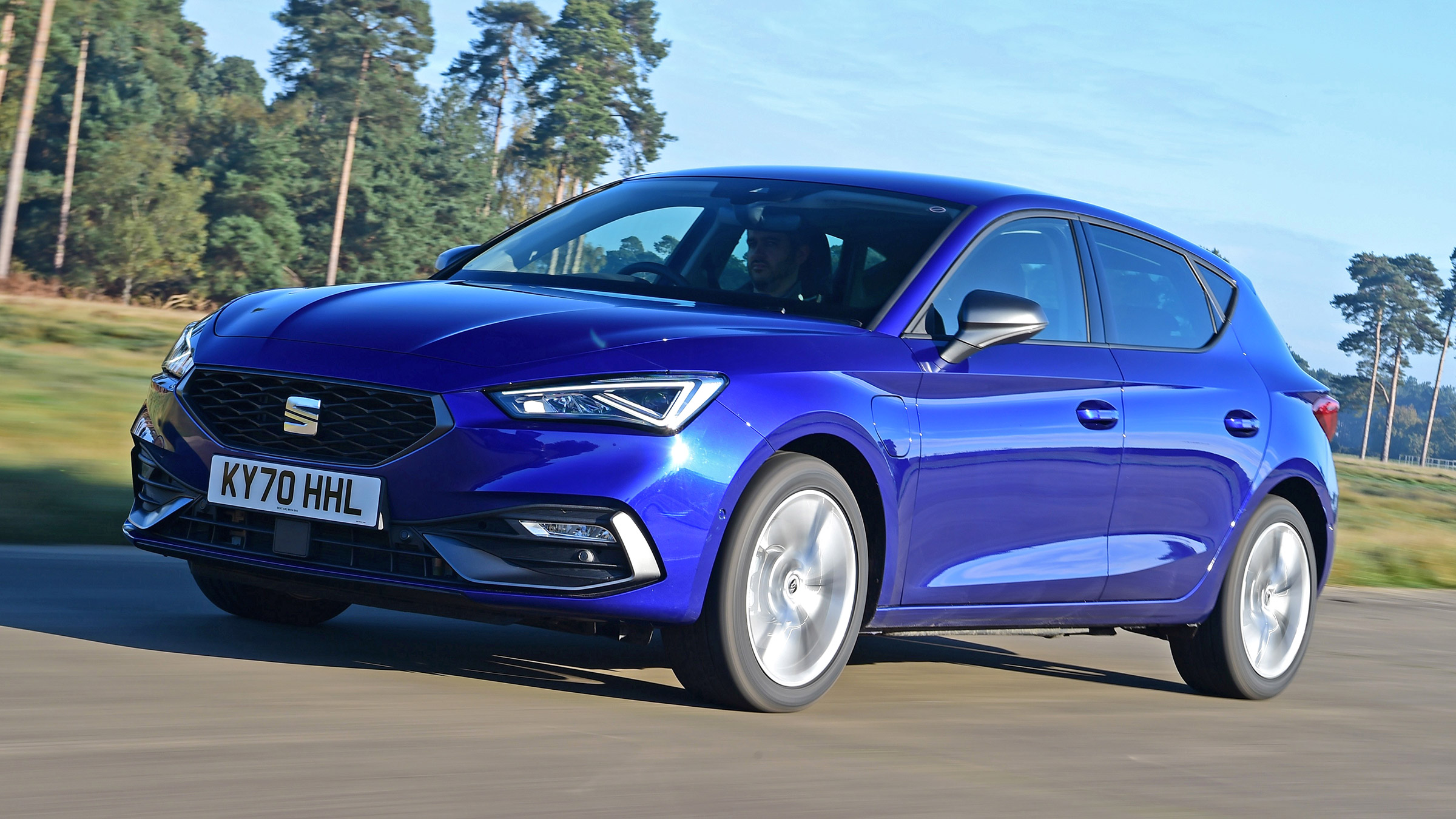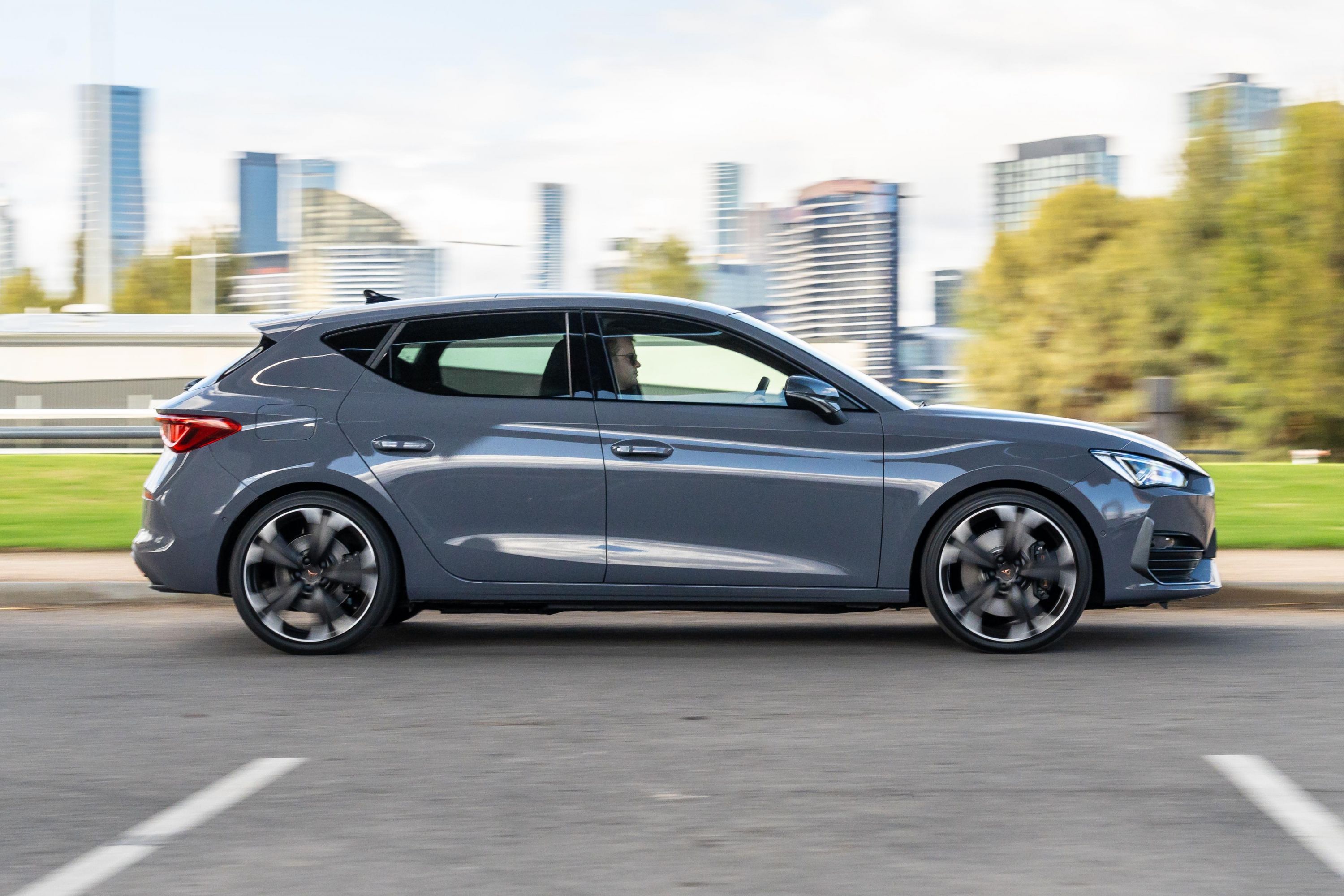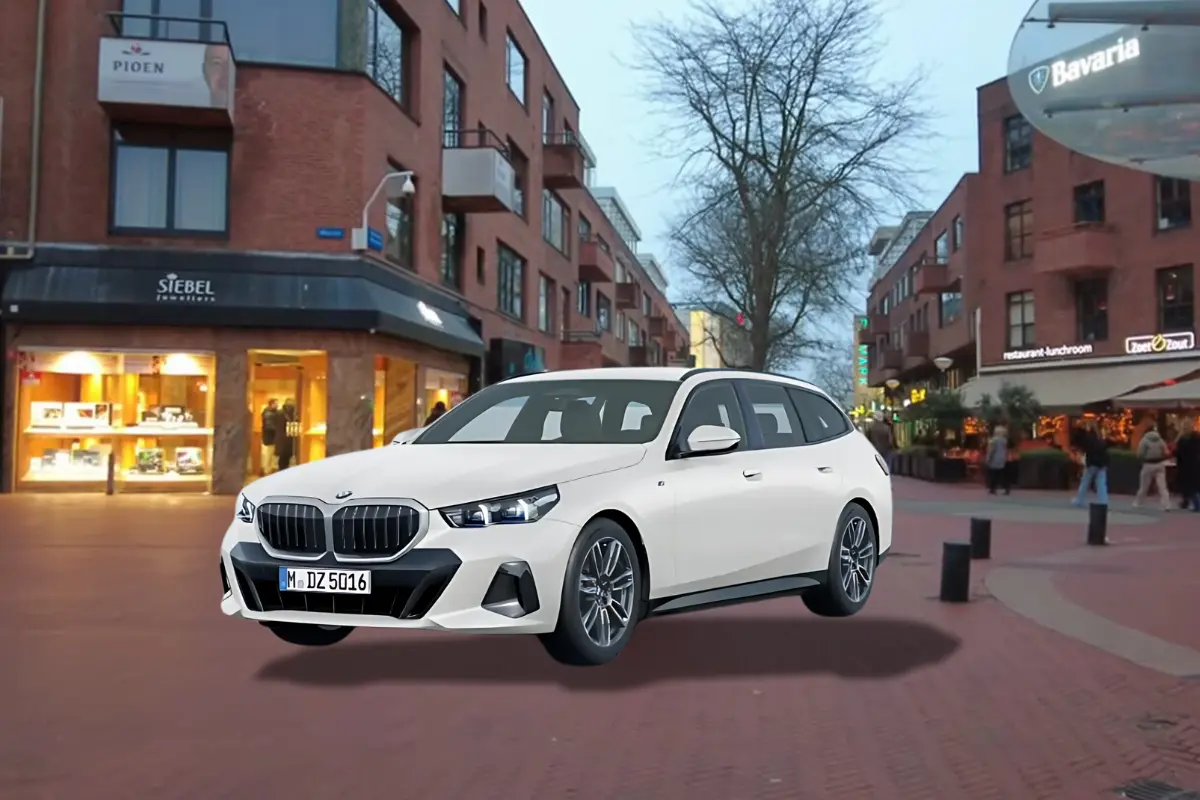The Seat Leon Diesel: Is It a Good Buy in 2024? A Comprehensive Guide
The Seat Leon has long been a popular choice for drivers seeking a stylish and practical hatchback or estate. But with the automotive landscape rapidly evolving, and the diesel engine facing increasing scrutiny, the question remains: Is a Seat Leon diesel a good buy in 2024? This article delves deep into the pros and cons, considering performance, running costs, reliability, and the broader environmental context to help you make an informed decision.
Understanding the Seat Leon Diesel Lineup
Before we dive into the specifics, let’s clarify the Seat Leon diesel options available. Seat offered a range of diesel engines throughout the Leon’s production run, primarily based on Volkswagen Group’s TDI (Turbocharged Direct Injection) technology. These engines typically included:
- 1.6 TDI: A common choice for its fuel efficiency.
- 2.0 TDI: Offering more power and performance, often found in higher trim levels.
The specific engine variants and power outputs varied depending on the generation and year of the Leon. Understanding the engine size and power output is crucial when assessing running costs and performance expectations.
The Pros of Buying a Seat Leon Diesel in 2024
Despite the shift away from diesel, there are still compelling reasons why a Seat Leon diesel might be a worthwhile purchase in 2024, depending on your driving needs:
- Excellent Fuel Economy: Diesel engines are renowned for their fuel efficiency. A well-maintained Seat Leon diesel can deliver impressive MPG figures, especially on longer journeys. This translates to lower fuel costs, a significant advantage in today’s economic climate.
- Strong Torque and Performance: Diesel engines excel at providing strong low-end torque. This makes the Leon diesel feel responsive and effortless to drive, particularly for overtaking and carrying heavy loads.
- Relatively Affordable Purchase Price: As the demand for diesel cars decreases, the used car market for Seat Leon diesels can offer attractive pricing. You may be able to acquire a well-equipped and relatively low-mileage Leon diesel for a competitive price.
- Established Reliability (Generally): Volkswagen Group’s TDI engines have a proven track record for reliability, provided they are properly maintained. Regular servicing and adherence to manufacturer recommendations are crucial.
- Longer Range: Thanks to the excellent fuel economy, a Seat Leon diesel can offer a significantly longer range on a single tank of fuel compared to a petrol equivalent, which is advantageous for drivers who frequently undertake long journeys.
The Cons to Consider: Diesel’s Challenges in 2024
While there are advantages, several factors must be carefully considered before purchasing a Seat Leon diesel in 2024:
- Potential for Increased Running Costs:
- Emissions Regulations: Older diesel models may face charges or restrictions in low-emission zones (LEZs) in some cities.
- Maintenance: While generally reliable, diesel engines can have more complex components (like the DPF - Diesel Particulate Filter) that can be expensive to repair or replace.
- Fuel Costs: While diesel fuel often costs less than petrol, fluctuating prices can make it more expensive depending on the market.
- Environmental Concerns: Diesel engines produce higher levels of nitrogen oxides (NOx) and particulate matter (PM) compared to petrol engines. This contributes to air pollution, a significant environmental concern.
- Depreciation: The value of diesel cars is generally declining faster than petrol or hybrid equivalents due to the changing market preferences and environmental regulations. This could impact your resale value.
- Resale Value: As demand for diesel cars decreases, your resale value might be lower compared to petrol or hybrid alternatives.
- Driving Style Considerations: Diesel engines can suffer if driven only on short trips, which may not allow the engine to reach its optimum temperature and cause issues with the DPF.
Key Factors to Evaluate Before Buying
To make an informed decision, consider these critical factors:
- Your Annual Mileage: If you drive a significant number of miles annually, the fuel efficiency of a diesel Leon could still be advantageous. However, if your mileage is low, the benefits may be less pronounced.
- Your Driving Environment: Do you primarily drive in a city with LEZs? Are you often on motorways or country roads? Your driving environment significantly impacts the suitability of a diesel car.
- Budget: Factor in not only the purchase price but also potential maintenance costs, fuel expenses, and any fees associated with emissions regulations.
- History and Condition: Always thoroughly inspect the car’s service history, and get a pre-purchase inspection from a trusted mechanic. This is crucial for identifying potential issues specific to diesel engines, such as DPF problems.
Is a Seat Leon Diesel Right for You?
Ultimately, the decision of whether to buy a Seat Leon diesel in 2024 depends on your individual circumstances and priorities. If you prioritize fuel economy, often travel long distances, and are willing to factor in potential maintenance and environmental concerns, a well-maintained diesel Leon could still be a viable option. However, if you are primarily a city driver, are concerned about environmental impact, or want to minimize potential running costs, a petrol, hybrid, or electric alternative might be a better choice.
FAQs about the Seat Leon Diesel
1. Are diesel cars banned in 2024?
No, diesel cars are not universally banned in 2024. However, restrictions and charges are increasingly common in low-emission zones (LEZs) in many cities. Check the regulations in your local area.
2. What is a Diesel Particulate Filter (DPF) and why is it important?
A DPF is a filter that traps soot particles from the exhaust gases. It’s essential for reducing emissions, but it can become blocked if the car is only driven on short journeys. Regular, longer drives at higher speeds help to regenerate (clean) the DPF.
3. How reliable is the Seat Leon diesel?
Generally, Seat Leon diesels with Volkswagen Group TDI engines are considered reliable. However, proper maintenance, including regular servicing and timely replacement of components like the timing belt, is crucial for maintaining reliability.
4. What are the common problems with Seat Leon diesel engines?
Common problems include DPF issues (particularly with short-distance driving), EGR valve problems, and potential issues with the dual-mass flywheel (DMF) in some models. Regular servicing and preventative maintenance can help mitigate these issues.
5. How long will a Seat Leon diesel last?
With proper care and maintenance, a Seat Leon diesel can last for many years and cover a significant mileage. The longevity of the engine depends heavily on servicing, driving habits, and the overall condition of the car.
Conclusion
Buying a Seat Leon diesel in 2024 requires careful consideration. While the potential for excellent fuel economy and a competitive purchase price remains, you must weigh these benefits against the potential for higher running costs, environmental concerns, and the evolving regulatory landscape. By carefully assessing your driving needs, budget, and the specific condition of any potential purchase, you can determine whether a Seat Leon diesel is the right choice for you. Remember to prioritize a thorough inspection and service history check before making a final decision.




